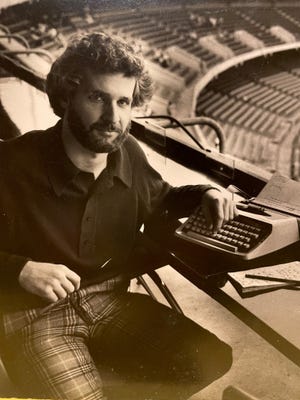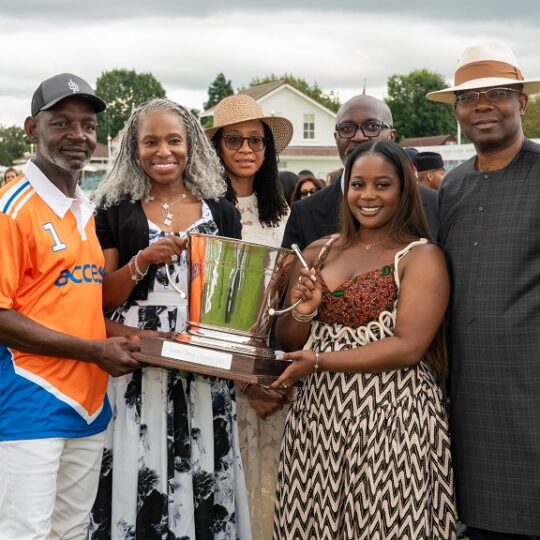
Veteran sportswriter Tom Weir, who was a USA TODAY founding staffer and spent nearly three decades reporting at the national news outlet, died on Wednesday.
He was 70.
Weir covered a multitude of sports stories for USA TODAY, including the Olympics, Super Bowl and World Series. He was at the forefront of USA TODAY’s Olympic coverage, joining the newspaper in 1982 to become its first full-time Olympics reporter. He spearheaded reporting from the 1984 Los Angeles Summer Games and 1984 Sarajevo Winter Games.
“As a runner himself, he understood track and field, the quintessential Olympic sport going back to the ancient Greeks,” former USA TODAY sports reporter Erik Brady said. “Pindar was the lyric poet who wrote about the original Games − and Tom wrote Pindaric odes to the modern Games for this most modern of American newspapers. Tom worked hard and played hard. He was a pro’s pro. And the best of us.”
Weir was diagnosed with bulbar onset ALS in the fall of 2020, and as the disease progressed, he received immense support from family and friends.

Weir’s office was decorated with press passes and collectable pins, accumulated from a lifetime of covering the world’s biggest sporting events. He met his future wife at the 1991 Pan-American Games in Cuba, which led to the birth of their daughter Maria, whom he called the greatest thing to ever happen to him.













